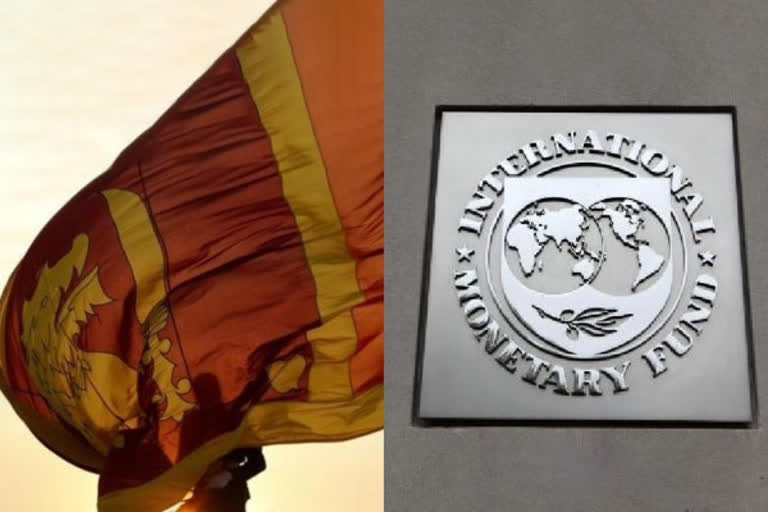Colombo:The IMF chief Kristalina Georgieva on Sunday said she is pleased the Washington-based lender and the Sri Lankan government have reached a staff-level agreement to provide about USD 2.9 billion to help the bankrupt country, terming the deal as an important step forward. The International Monetary Fund (IMF) on Thursday announced that it will provide Sri Lanka a loan of about USD 2.9 billion over a four-year period to help the island nation overcome the unprecedented economic turmoil.
The bailout package is expected to boost the country's credit ratings and the confidence of international creditors and investors. Very pleased that IMF staff and Sri Lankan government officials have reached a staff-level agreement to support the country's economic policies with a 48-month Extended Fund Facility of about USD 2.9 billion, Georgieva said in a tweet.
This is an important step forward for Sri Lanka, she added. The new Extended Fund Facility (EFF) arrangement will support Sri Lanka's programme to restore macroeconomic stability and debt sustainability, while safeguarding financial stability, reducing corruption vulnerabilities and unlocking the country's growth potential, the IMF has said.
The agreement is subject to the approval by IMF management and the Executive Board in the period ahead, contingent on the implementation by the authorities of prior actions, and on receiving financing assurances from Sri Lanka's official creditors and making a good faith effort to reach a collaborative agreement with private creditors, it said.
"Debt relief from Sri Lanka's creditors and additional financing from multilateral partners will be required to help ensure debt sustainability and close financing gaps," the statement said, amid concerns that China would not go along with Western creditors on debt restructuring on an equal footing. All Sri Lankan creditors, including China, have to agree to restructure their existing loans to the island nation before the IMF starts disbursing the USD 2.9 billion loan.
The IMF has also called for action to raise fiscal revenue by implementing tax reforms, introducing cost recovery-based pricing for fuel and electricity, raising social spending to help the poor and the vulnerable in the ongoing economic crisis, restoring flexible exchange rate, a capitalised banking system and a stronger anti-corruption legal framework.
